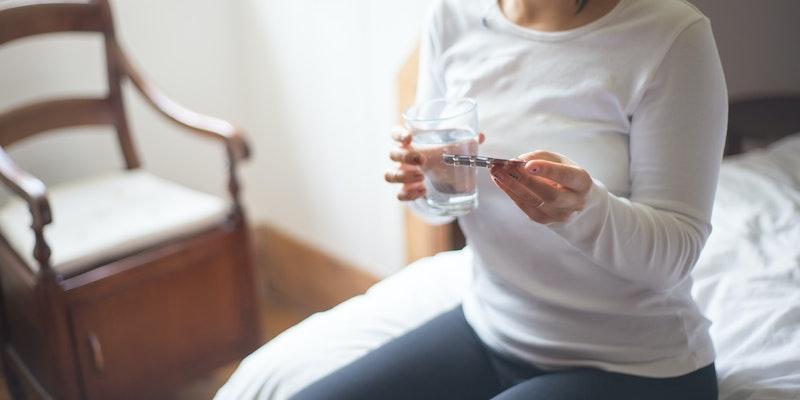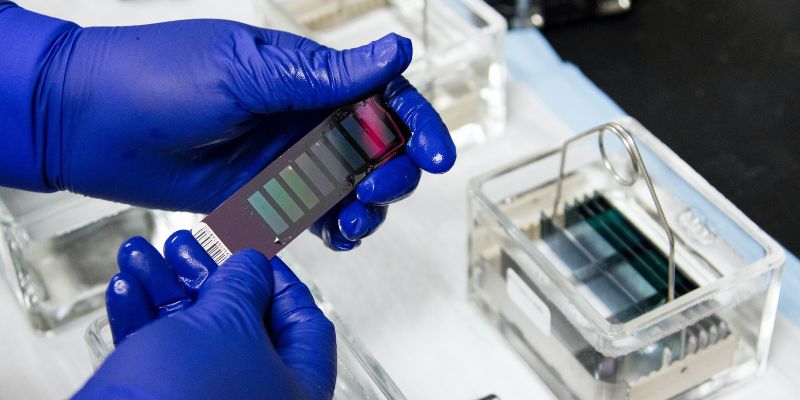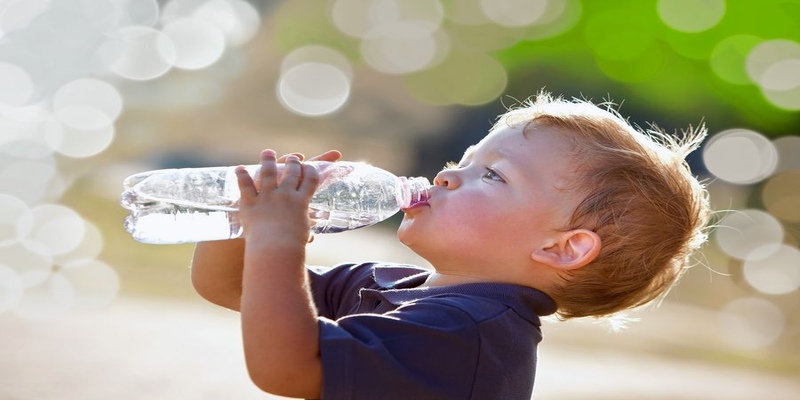Bronchitis is a respiratory disorder that includes blockage of airways and may further lead to Pneumonia if it is not treated in the early stage.
The causes of bronchitis are:
- Cigarette smoke
- Smog.
- Allergens present in the environment
- Infection
You might have a chronic cough and a low-grade fever when you have bronchitis. Bronchitis can last for a short time or a long time. COPD is a type of coughing that lasts for a long time. Most treatments only help with the symptoms and not the cause. When exposed to fumes, dust, or smoke at work, people get industrial asthma. The symptoms may disappear if you remove the problem or use a face mask.
Pneumonia is a lung disease that happens because of lung inflammation; in this condition, both lungs can get infected. Moreover, Pneumonia is a fatal disease because it causes damage to the lungs.
If you have Pneumonia, you will suffer from a very high temperature, which can cause:
- Whitening of your fingernails
- Headaches
- Disorientation
- Nausea
- Loss of appetite
- Severe chest pain.
Causes: Pneumonia vs. Bronchitis
Causes of Bronchitis
Acute bronchitis happens usually due to the same viruses that trigger the common cold and influenza. However, occasionally, microorganisms are to blame.
In both circumstances, your bronchial tubes will enlarge and produce more mucus as your immune system fights against the pathogens. Since there are fewer passageways for air, breathing may become more labored. Many different things can lead to chronic bronchitis:
- Long-term staying in a polluted environment.
- Long-term exposure to cigarette smoke or secondhand smoke.
Cause of Pneumonia
Many microorganisms cause Pneumonia. Airborne germs and viruses predominate. The body generally protects your lungs from these viruses. Even if you're healthy, bacteria might overwhelm your immune system. These germ types and sources that characterize Pneumonia may include:
Bacteria
Most bacterial pneumonia cases are caused by Streptococcus pneumoniae. This Pneumonia can arise alone or after a cold or flu. It can damage one lung lobe, called lobar Pneumonia.
Bacteria-like things
Mycoplasma pneumoniae can cause Pneumonia. It has milder symptoms than other pneumonias. Walking Pneumonia is an informal moniker for this mild Pneumonia that doesn't necessitate bed rest.
Fungi
People with chronic health issues, weaker immune systems, and big organism inhalations are more likely to get this Pneumonia. Its causes include soil or bird-dropping fungi that vary by geography.
Virus
Some cold and flu viruses cause Pneumonia. The most prevalent cause of Pneumonia in children under 5 is viruses. Most viral Pneumonia is mild. Sometimes, it may be severe. COVID-19 can induce severe Pneumonia.
Pneumonia in hospital
Hospitalization for another condition might cause Pneumonia. Hospital-acquired Pneumonia is dangerous since the bacteria causing it may be antibiotic-resistant, and the patients are unwell.
People with any exposure or daily interaction with things associated with ventilators are at higher risk of contracting Pneumonia.
Symptoms of Pneumonia vs. Bronchitis

Symptoms of Bronchitis
Acute and chronic bronchitis share symptoms related to difficulty breathing:
- A feeling of fullness or obstruction in the chest, also known as congestion, is a persistent cough that produces mucus in yellow or green color.
- Difficulty in breathing
- Making a whistling or wheezing sound when breathing
Acute bronchitis symptoms may also include:
- Weakness and shivering
- Mild fever
- Cold
- Nasal congestion and runny nose
- Throat pain
Cough in Acute bronchitis is stubborn and lasts for two weeks, but if it does not go away after that and the intensity remains the same, then it must be an indication of another disease.
Symptoms of Pneumonia
People with Pneumonia frequently have cold or flu symptoms that intensify and get more disturbing over time instead of getting better. The most typical pneumonia symptoms are:
- Dry cough
- Wet cough
- Cough that persists for weeks
- High fever
- Sweat and shivering
Nevertheless, in older people, it can produce:
- A temperature below normal.
- Shortness of breath
- Trouble breathing
- Fast breathing
If you have any bronchitis vs. pneumonia symptoms, it’s recommended that you consult a doctor.
Treatment Options: Pneumonia vs. Bronchitis

How to Treat Bronchitis?
Viral infections usually cause bronchitis, so antibiotics do not work in their case.
However, your doctor may prescribe antibiotics if you have a bacterial infection. sAnd depending on other factors like the severity of your case, the doctor also suggests these additional medications:
Cough Suppressants
Try taking cough medicine before bed if your cough is keeping you awake.
Additional Pharmaceuticals
Your doctor may prescribe an inhaler and other treatments to reduce inflammation.
Therapy
Your doctor may suggest pulmonary rehabilitation; it is a breathing exercise that improves your breathing patterns by teaching you how to breathe freely and increases your capacity to exercise if you have chronic bronchitis.
Healthy Habits and Natural Cures
You could benefit from the following forms of self-care:
- Stay away from things that could irritate your lungs.
- Don't light up.
- Put on a mask if you have to go outside in filthy air or if you have to use a strong-smelling cleaning or paint.
- A humidifier is something that can help.
- Breathing in warm, humid air can help mucus in the airways.
- Put on a mask if you go outside.
- Put on a cold-air face mask if being outside forces you to cough more or makes breathing difficult.
How to Treat Pneumonia?
Lung diseases like Pneumonia can be mild or severe. Antibiotics and supportive care are usually used to treat Pneumonia, depending on the cause and severity. Antibiotics cure Pneumonia caused by streptococcus, Haemophilus, or Mycoplasma. Antivirals treat viral Pneumonia, but antibiotics prevent bacterial infections. Hospitals can provide oxygen and other therapy for respiration. Rest and beverages can help treat mild cases at home with physician supervision.
What are Natural Pneumonia Remedies?
Non-pharmaceutical treatments work well for Pneumonia, a severe sickness. Home treatments include:
- Drinking additional fluids to clear mucus.
- Using a humidifier to make breathing easier.
- Eating healthy meals and snacks to boost the immune system.
- Getting adequate rest.
Ginger, garlic, and thyme as lymphatic-supportive herbs and vitamin C supplements may alleviate lung inflammation. Finally, you must consult your doctor before starting any natural treatment.




